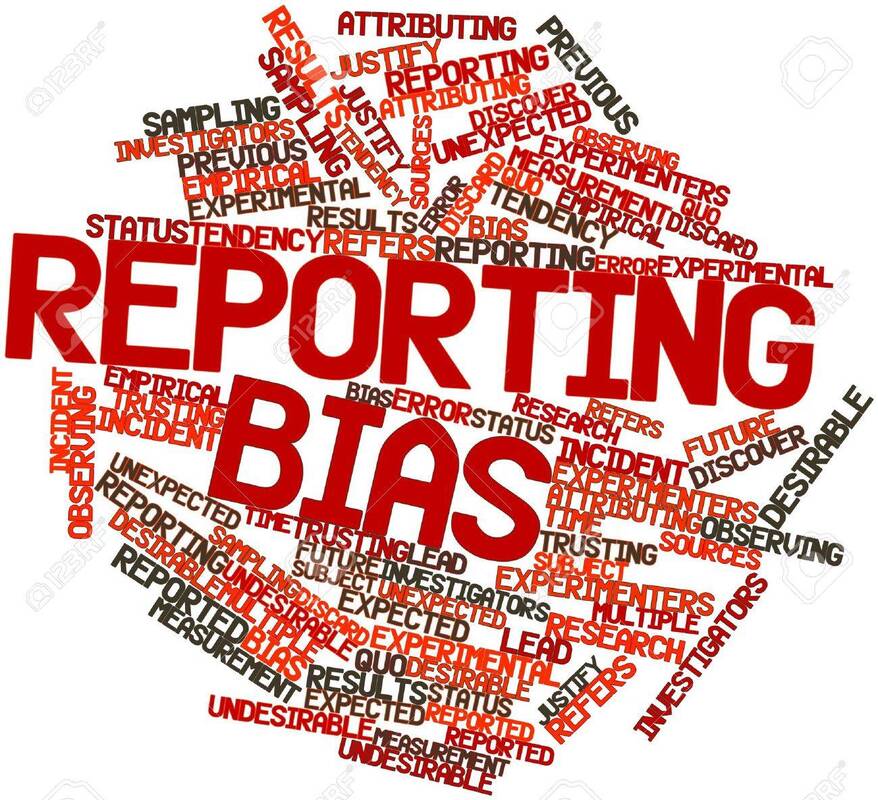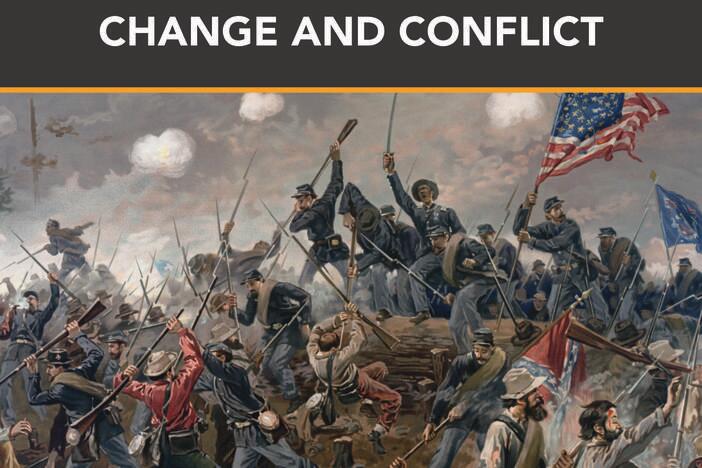0 Comments
House of Names is a novel by Colm Tóibín. House of Names is a retelling of the myth of the house of Atreus but does not change the storyline or the events of the myth from other works of writing like the Oresteia. Colm Tóibín instead uses a unique writing style to analyze and interrogate the events of the myth and the motivations behind the actions of the characters.
During the first part of the House of Names, the main character is Clytemnestra, the wife of King Agamemnon. Colm Tóibín uses first person narration to discuss the events from Iphigenia’s sacrifice to the murder of Agamemnon from Clytemnestra’s perspective. In the second part, the main character is Orestes, the son of Clytemnestra and Agamemnon. Colm Tóibín uses third person narration to discuss the events right before the murder of his father to Orestes committing matricide. It is at this point where Tóibín implements his artistic license by adding experiences to better understand Orestes. Colm Tóibín’s decision of first person and third person narration is noteworthy. Tóibín uses the first-person narrative to give the readers a sense of the emotions the character is feeling and their motivations. Both Clytemnestra and Electra are understood in the first-person narrative. Tóibín enhances the grief, betrayal, and trauma that Clytemnestra felt at the sight of her daughter being sacrificed. Tóibín also portrays Electra using her motivations such as envy, being overshadowed and overlooked in life and her sheer volatility. The readers get a direct view into the minds of Clytemnestra and Electra, almost as if Tóibín is asking whether the readers would have done anything different. Tóibín uses third person narrative to inform the readers of the actions that led to a specific outcome, Orestes committing matricide. The third person narrative is very effective as it provides a sense of progression. Orestes emotions are never stated but his experiences are stated in a simple method of storytelling. The readers get a view of Orestes experiences but not his emotions and motivations. Colm Tóibín’s novel House Of Names is a retelling of the myth of the House of Atreus, where Tóibín’s expert use of first-person and third-person narrative is used to provide the motive and opportunity respectively. Tóibín leaves the readers with two main questions:
Comment any answers: Links https://www.theguardian.com/books/2017/may/27/house-of-names-colm-toibin-review https://www.npr.org/2017/05/10/527629908/house-of-names-is-a-violent-page-turner-and-a-surprising-departure http://www.bookrags.com/studyguide-house-of-names-a-novel/#gsc.tab=0 https://www.newyorker.com/magazine/2017/07/31/novelizing-greek-myth  :Cassandra is a novel written by the German author Christa Wolf. The main character of the novel is Cassandra, a prophetess/seer with the ability to see the future but is unable to affect any change. It is heavily implied that Troy had every capability of achieving a peaceful end to the war but chose to keep fighting despite knowing it would be more beneficial if they simply negotiated. The novel begins ,after the end of the Trojan War, with Cassandra recalling the events and her actions during the Trojan War. Among those recollections is the instance when she finds that Helen is not with the Trojans and tries to convince her father to negotiate with the Greeks. “"So negotiate terms!" I suggested. "That's all we need. To negotiate over our inalienable property and rights!" I began to see that my father was already blind to all the reasons for opposing war” Cassandra pleads with her father, King Priam, to negotiate with the Greeks regarding gold and access to the Dardanelles. She uses the word “inalienable” to show that those property and rights cannot realistically be taken away, even if they negotiate they will still have gold and access to the Dardanelles. Even then King Priam does not try to negotiate stating that, “Anyone who does not side with us now is working against us.” This showcases an issue that is currently plaguing the democracy of the United States of America. This issue is the “Toxic Hyper-partisanship”. Hyper-partisanship is a situation in which political parties are in fierce disagreement. Hyper-partisanship is a hallmark of democracy, it helps fuel incentives for politicians to listen to the people and keeps a democracy functional. Toxic Hyper-partisanship is when a person or an organization is overwhelmed by Hyper-partisanship to the point where they are no longer working for their benefit but simply to prevent the “other side” from succeeding. In Toxic Hyper-partisanship, parties take uncompromising positions on issues, and refuse to even identify a common basis. This is seen in current politics and stated frankly in this article by Dr. Ken Hicks. “Today, the Democratic and Republican parties literally speak different languages when it comes to public policy, with Democrats intent on expanding and protecting welfare programs, and Republicans determined to substantially unwind welfarism and either water down or eliminate environmental regulations.” This is another article, “We need political parties. But their rabid partisanship could destroy American democracy.”, that addresses the issue showcasing that the current political mindset is not to question what it means to be American rather what it means to be un-American. “To the political left, Donald Trump is un-American: His xenophobic, racist rhetoric stands in opposition to the true American vision of tolerance. It’s an affront to our nation of immigrants, a country in which equality is written into our founding documents. Any Republican who supports or voted for him is guilty by association. To the political right, it’s the Democrats who are un-American. They denigrate our founding as a Christian nation and want to secularize everything. They want to sacrifice our sovereignty to globalist institutions under the guise of invented problems like global warming and to undermine our exceptional heritage by opening our borders to anybody, even those who want to blow us up. There is only one “real America” and it doesn’t include the coasts or cities where many Democrats live.” It is Toxic Hyper-partisanship that leads to Congress being deadlocked and dysfunctional. The United States of America is a nation built on compromise yet the politicians that represent this nation is increasingly unable to compromise with each other. Politicians should come together and solve complicated problems as a country and not as a party. There is no easy way to achieve this except by being open to compromise. The issue of being unable to even attempt negotiating led to the destruction of Troy, and if left unresolved it will result in the destruction of our democracy from the inside. Comment any specific issues that can be solved through compromise and what you think the compromise should be: The Oresteia by Aeschylus is a trilogy of plays about the house of Atreus. In each of the three plays there are two main characters, one obviously stated and the other stated subtly through the name of the play and the chorus. All three plays deal with vengeance and justice. The decisions taken by the characters are considered simple and effective but it seems more hypocritical due to oversimplification. “Oversimplification is reducing complexity so severely that a distorted impression is given.[1]” Oversimplifications occurs frequently in our day to-day lives mainly related to politics, traumatic incidents and science [2]. Some instances when oversimplifications were used in the past year: Global Warming, Israel-Palestine tensions, Income Inequality, Gun control, Abortion, and Police Brutality. These issues are multi-layered, complex and nuanced. Simple solutions would fail to solve them and results in ignoring the causes of the problems. Such actions would be hypocritical as the "simple solutions" end up causing more problems. Aeschylus showcases the theme of oversimplification in an interesting way. He ties the hypocrisy of the characters to the oversimplified notion that each character obtains. Each of the main characters believes that they were justified in their actions. Agamemnon believes that he was justified in the sacrifice of Iphigenia because the Greeks were victorious in the Trojan War, Clytemnestra believes she was justified in the murder of Agamemnon due to the sacrifice of Iphigenia by Agamemnon, Orestes believes he was justified in the killing of his mother and Aegisthus because of the murder of his father and finally the furies are justified in punishing Orestes for the crime of committing matricide. Therefore, depending on the portion an unbiased bystander opts to concentrate on and the perspective in which they view the Oresteia, the person that is justified changes dramatically. This shows that everybody should look at the complex situation in its’ entirety and not oversimplify any role or action. None of the characters understands their opponents’ perspective and takes rash and brutal decisions. This causes every main character to be hypocritical because they pass judgement on others for crimes while committing similar yet worse crimes. Understanding this concept, I attempted to understand the events in the Oresteia by putting myself in different perspectives and concentrating on different portions. Below are the results.
Links: https://www.becomeanindividual.com/oversimplification/ https://www.thoughtco.com/oversimplification-and-exaggeration-fallacies-3968441 https://biznewske.com/oversimplification-fallacy-examples/ |





 RSS Feed
RSS Feed
